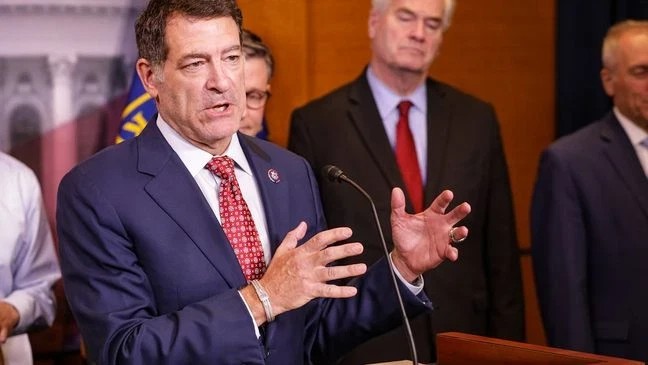The US military strike on Iran’s nuclear facilities has triggered a stark and immediate divide on Capitol Hill, as lawmakers rushed to voice either fierce condemnation or unflinching support for President Trump’s decision. The attack, which targeted key enrichment sites, has reignited partisan tensions over America’s role in the Middle East and the president’s authority to launch military action.
Democratic progressives were among the first to denounce the operation, warning that it risked plunging the United States into a broader regional conflict. Congressman Ro Khanna, a long-time advocate for diplomatic engagement with Iran, called the decision “reckless and unnecessary,” and accused the administration of bypassing Congress in what he described as “an unconstitutional act of war.”
Senator Bernie Sanders echoed the sentiment, issuing a sharply worded statement demanding a full inquiry into the legal basis for the strike. “The American people are tired of endless wars,” he said. “Launching attacks without congressional approval is a violation of our democratic process and a threat to international peace.”
Other Democrats also expressed concern, with several urging immediate de-escalation. Representative Pramila Jayapal warned the strike could provoke “a catastrophic cycle of retaliation,” while Senator Chris Murphy said the administration had “learned nothing from past disasters in the region.”
In contrast, Republicans largely rallied behind President Trump, framing the operation as a show of strength in defence of national and global security. Senate Minority Leader Mitch McConnell praised the strike as “decisive and justified,” arguing it had sent a clear message to Tehran that the United States would not tolerate nuclear brinkmanship.
House Speaker Elise Stefanik called the mission “a victory for American leadership,” and credited Trump for taking “bold action to prevent Iran from reaching a point of no return.” Republican Senator Tom Cotton, a longtime Iran hawk, went further, urging the administration to consider follow-up strikes should Iran retaliate.
The response from moderate Democrats was more cautious, with some urging restraint without openly criticising the president. Senator Joe Manchin said he supported “measured efforts to stop nuclear proliferation,” but stressed the importance of keeping diplomatic channels open. “We must do everything we can to avoid a prolonged military conflict,” he said.
As the political reaction unfolded, protests broke out in several US cities, with demonstrators demanding an end to military escalation and greater transparency in foreign policy decision-making. Activist groups accused the administration of endangering lives abroad and at home, and called for renewed efforts to revive the Iran nuclear deal abandoned in Trump’s first term.
The deepening divide in Washington reflects broader national anxieties over America’s global role and the dangers of unilateral military action. With tensions rising in the Gulf and international actors weighing their responses, the domestic political battle over war powers and accountability appears certain to intensify.
newshub finance



Recent Comments